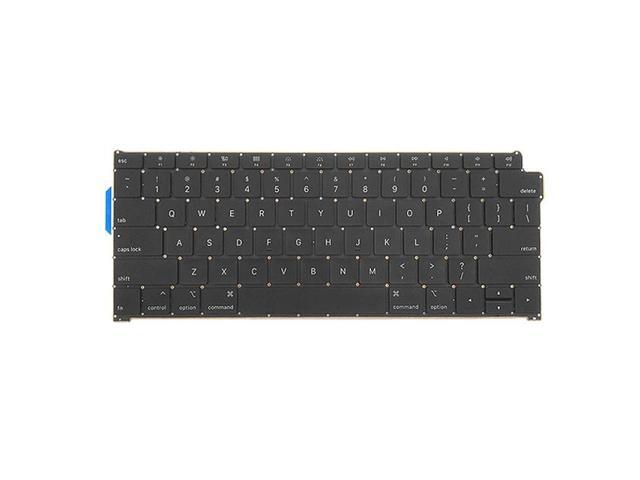Despite significant progress in water and sanitation, much still remains to be done. This report shows how the world has changed since 1990. It provides an assessment of progress towards the MDG target, and insight into the remaining challenges. Section A provides an overview of progress against the parameters specified in the MDG target for water and sanitation, in both urban and rural areas. It presents data for the world as a whole, and compares progress across regions. The report goes on to examine trends over the MDG period by region and by level of service. It pays particular attention to the numbers of people who have gained the highest level of service in drinking water supply - piped water on premises - and those with no service at all, who use surface water for drinking and practice open defecation. In order to understand the nature of progress, it is important to look carefully at the way improvements in water and sanitation have benefited different socioeconomic groups. This report sheds light on equality gaps between urban and rural dwellers, and between the richest and poorest segments of the population. It presents several new ways to visualize progress on extending service to the poor, designed to reveal the nature of inequalities and give the reader insight into the great challenge that still exists in ensuring that progress reaches everyone. The JMP was established in 1990 and is celebrating its Jubilee Year in 2015. Section B provides a retrospective analysis of the evolution of water, sanitation and hygiene monitoring over the past 25 years.















